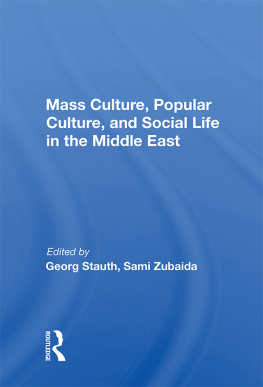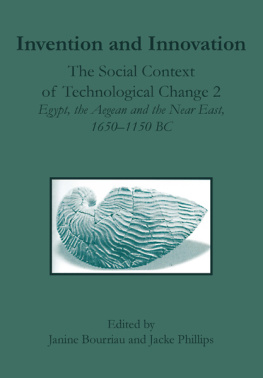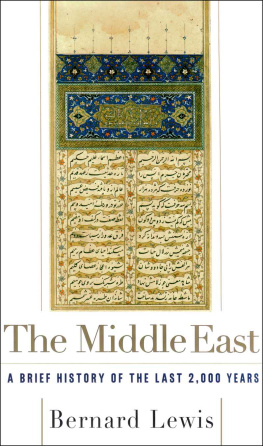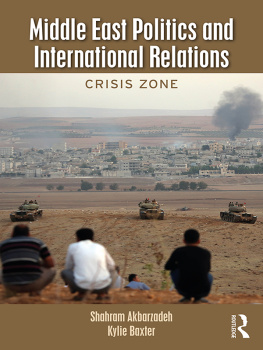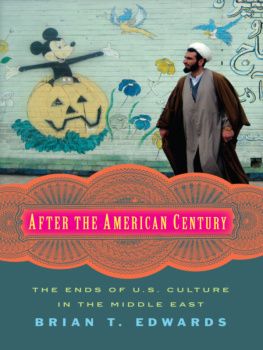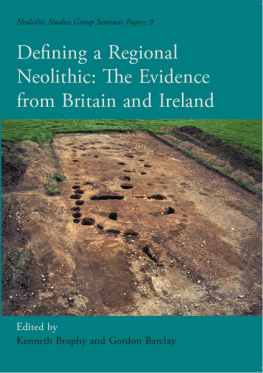Mass Culture, Popular Culture, and Social Life in the Middle East
Campus Forschung Band 530
Campus Research
Georg Stauth is Lecturer at the Sociology of Development Research Centre of the University of Bielefeld. He was Visiting Professor at the Ain Shams University Cairo in 1977/78, at the Cairo University in 1981. Visiting Senior Lecturer at the Flinders University, Adelaide (Australia), in 1985. Various publications on Egypt, Iran, Turkey (peasants and state) Islam, social theory. Advisory Editor of "Theory, Culture and Society".
SamiZubalda is Senior Lecturer at the Department of Sociology of the Birkbeck College, University of London. Various Visiting Teaching Posts in the Middle East and France. Various books and publications on racism, Islam and Islamist movements and social theory. Co-Editor of "Economy and Society".
Georg Stauth , Sami Zubaida , Editors
Mass Culture, Popular Culture, and Social Life in the Middle East
First published 1987 by Westview Press
Published 2018 by Routledge
52 Vanderbilt Avenue, New York, NY 10017
2 Park Square, Milton Park, Abingdon, Oxon OX14 4RN
Routledge is an imprint of the Taylor & Francis Group, an informa business
Copyright 1987 in Frankfurt am Main by Campus Verlag
All rights reserved. No part of this book may be reprinted or reproduced or utilised in any form or by any electronic, mechanical, or other means, now known or hereafter invented, including photocopying and recording, or in any information storage or retrieval system, without permission in writing from the publishers.
Notice:
Product or corporate names may be trademarks or registered trademarks, and are used only for identification and explanation without intent to infringe.
Library of Congress Cataloging-in-Publication Data
Mass Culture, Popular Culture, and Social
Life in the Middle East
Papers from a Conference and Research Project at the University of Bielefeld
1. Middle East Popular Culture
Congresses 2. Middle East
Civilization 1798 Congresses.
I. Stauth, Georg. II. Zubaida, Sami,
1937 III. Universitt Bielefeld.
ds57.m43 1987 956.05 87-5978
ISBN 13: 978-0-367-00542-9 (hbk)
Acknowledgements
All the articles in this collection were presented as papers at a conference held under the auspices of the Center for Interdisciplinary Research of the University of Bielefeld (Zentrum fr Interdisziplinre Forschung, ZiF.). The conference was supported by a grant of the German Research Foundation (Deutsche Forschungsgemeinschaft) in Bonn. The Sociology of Development Research Center had sponsored a workshop on the issue of Mass Culture and Development at an earlier occasion. Contributors in this workshop were: HansDieter Evers and Georg Elwert (Bielefeld), Pandeli Glavanis (Durham), Clarita Mller Plantenberg (Berlin), Mark Mnzel (Frankfurt), Nils Mulder (Amsterdam) and Emmanuel Terray (Paris) and the editors of this volume. The contributors felt that the task to evaluate the impacts of mass culture and consumerism on development was an important approach to the study of recent changes in Third World societies. To study these transitions more specifically in one region of the Third World, the Middle East, was a task then to be persued in a second conference. We are indepted to Fany Colona (Paris), Salim Alafenisch (Heidelberg), Massimo Canevacci (Rome), Giinter Meyer (Erlangen), Sami Alrabaa, Georg Elwert and HansDieter Evers (Bielefeld), who also contributed significantly to the discussions.
The editors wish to put on record their debt to JoAnne Robertson, Dagmar Selman, Antje Halimi, Jos Lopez and Naji Lasch for invaluable support while preparing this book.
G.S.
S.Z.
Contributors
David Chaney, Department of Sociology, University of Durham.
Mike Featherstone, Department of Administrative and Social Studies, Teesside Polytechnic.
Nicolas Hopkins, Department of Anthropology, American University of Cairo.
Amr Ibrahim, Sociology, Paris.
Nels Johnson, Richmond College, London.
Reinhard Schulze, Department of Oriental Studies, University of Bonn.
HansGnter Semsek, Sociology of Development Research Center, Faculty of Sociology, University of Bielefeld.
Peter von Sivers, Department of History, University of Utah, Salt Lake City.
Georg Stauth, Sociology of Development Research Center, Faculty of Sociology, University of Bielefeld.
Ahmed Zayed, Department of Sociology, Cairo University.
Sami Zubaida, Department of Politics and Sociology, Birkbeck College, University of London.
Contents
Mike Featherstone
David Chaney
Georg Stauth
Amr Ibrahim
Sami Zubaida
Nels Johnson
Reinhard Schulze
Nicolas Hopkins
Peter von Sivers
Hans- Gunter Semsek
AJunad Zayed
Guide
Georg Stauth and Sami Zubaida
The papers in this collection have a common theme in the question of modernity and mass culture. Two papers, those by Chaney and Featherstone respectively, discuss aspects of this theme in a general, global context, all the others are concerned more specifically with the regional context of the Middle East.
"Modernity" is a term with many meanings specified by a variety of discourses; the one most relevant here is that of "modernitytradition" in the context of socio-economic development of the socalled Third World. "Mass culture" may be regarded as part of, or a phase in the process of modernity, but does not coincide with it. The two terms have distinct ancestries, and are assigned different moral valencies.
In the vocabularies of modernisation theory, modernity is a desirable achievement. It is an allinclusive model of economic, social, cultural and political life. Economic and social individualism, cultural universalism (if not secularism), political citizenship and democratisation; all as essential "functional" components of a developed state and society, and the conditions for liberty and prosperity. The familiar contrast is with "traditionalism" which it must supplant. Modern economic and technological processes facilitate as well as require these developments. But the convergence of all countries on to this desirable model are hindered by the obstacles of tradition, which may drag countries heavily burdend by them into perpetual backwardness. This mode of thought, which came into prominence in the decades of decolonisation following World War II, seems naive in retrospect. But its basic assumptions and motifs are still with us. The rosy picture of modernity may not be sustainable, and the notion of convergence may have to be tempered and qualified by ideas on traditional persistence or cultural continuities, but the basic scheme of contrast between tradition and modernity, and of some process of economic/technology led development in the direction of modernity persist. Thus Weber's belief that Westeners are bound to explore the difference between East and West in terms of the far reaching process of rationalisation which engulfed their world but not that of the East, would seem to be justified. However, these themes and contrasts became schemes of interpretation not only for Westerners, but also for many groups and strata in the countries of the Third World. Conceptions and practices of modernity, and attitudes towards it in this context are complex and multilayered. Symbols and representations of modernity become stakes in ideological struggles between different camps of nationalists, liberals and religious fundamentalists. Representations of modernity coexist with practices which belie them. Most important, "traditions" are constructed in terms of histories and ideas supplied by European Orientalists. Schulze's paper in this collection illustrates this process in relation to Islamic reformism in Egypt in the late ninteenth century, which drew on an Islamic Golden Age for a model of true Islamic society, in contrast and opposition to the centuries of Islamic decadence and corruption. Not only was the image of the true Islamic society drawn from European models of constitutional democracy, but the Golden Age and the period of decadence too were drawn from Orientalist histories. The themes of adoption, adaptations, inversions and oppositions to variously constructed ideas of modernity, and in relation to economic, social and cultural transformations of recent decades, are common to many of the papers in this collection.


